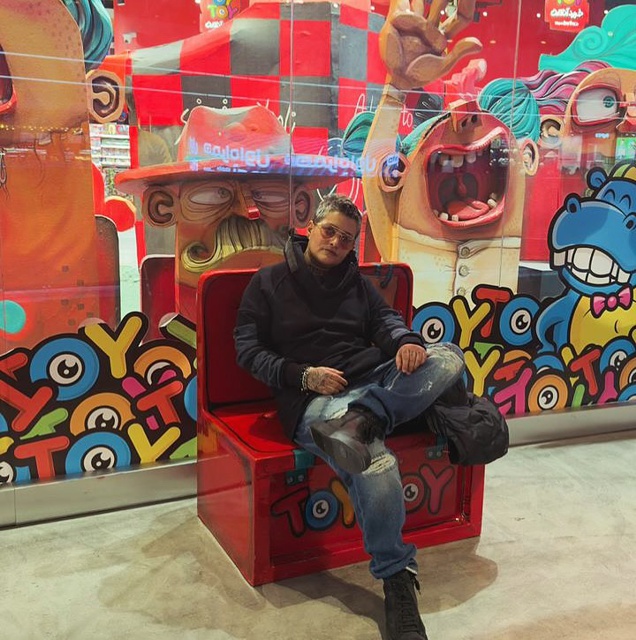They study human behavior the way others study maps. A slight tremble in the voice, a glance that lingers one second too long, the weight of silence—these become tools as precise as brushes in a painter’s hand. With them, they build characters from the inside out, shaping souls out of imagination and empathy. A theater actor learns to trust the ensemble, relying on the subtle cues and unspoken agreements that keep the story alive. They learn to adapt: a missed line, a broken prop, an unexpected reaction from the audience—all must be met with grace, timing, and a willingness to transform in the moment.
In the dressing room mirror, makeup becomes armor. The costume becomes a second skin. The stage becomes a world where anything is possible. When the spotlight hits, the actor faces the audience not as themselves, but as someone new—someone shaped by heartbreak, triumph, conflict, humor, longing. And yet, beneath every character lies the actor’s own heartbeat, pulsing through every choice. To be a theater actor is to live many lives while honoring your own. It is an act of courage, night after night.


